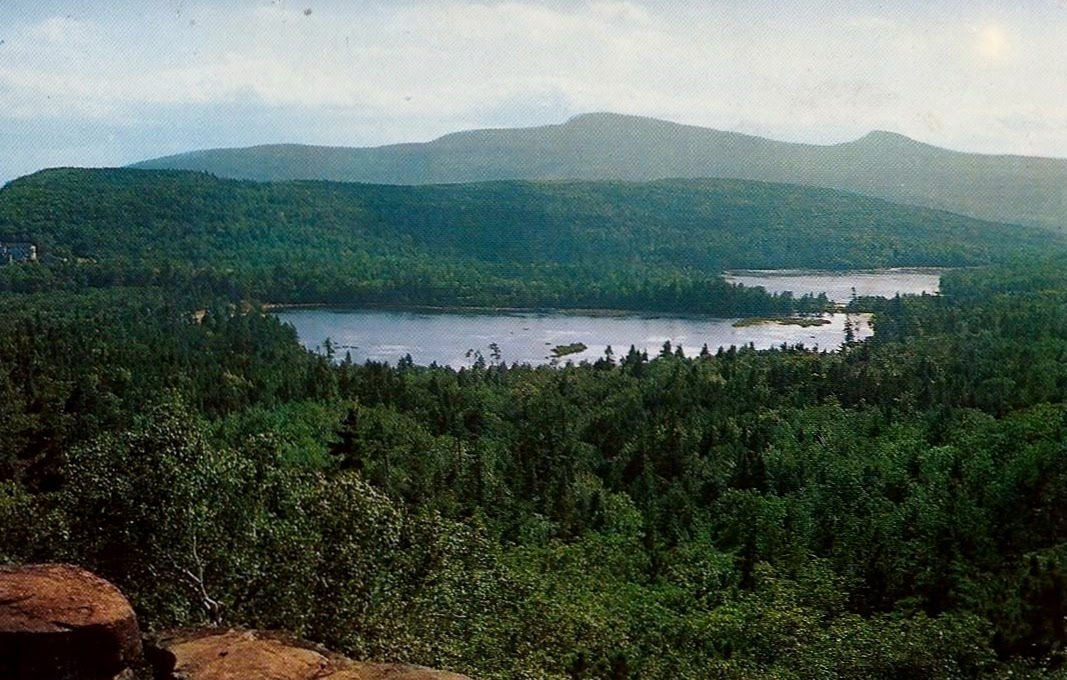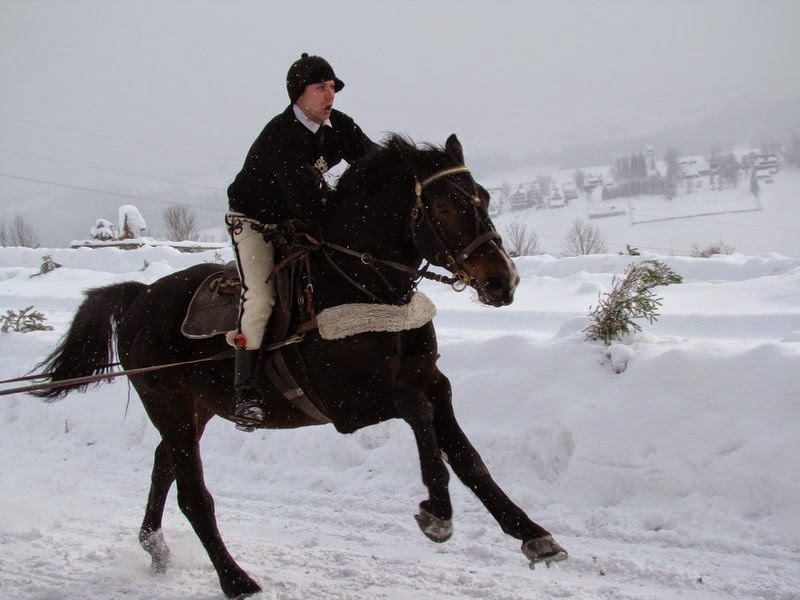CARING FOR HORSES IN
WINTER
By Patricia A. Guthrie
Horses,
my favorite topic.
When
you think of horses what comes to mind? Riding on the beach in some warm resort
area? Horses blazing down the homestretch toward the finish line? Jumping over
a five foot Oxer at a major horse show? Riding along a trail with the warmth of
the sun shining down on your face? Or maybe you think about those gorgeous
creatures racing in a snow filled
pasture, flakes lining black coats so the horses appear to be appaloosas.
One
thing you might not think about is how to care for your equine companion in the
cold weather--in times of sub zero temperatures, icy roads and snow-filled
ditches. There’s much to learn about these equine dynamos, but caring for them
is probably the most important to keep them happy and healthy, especially in
winter.
Horses
are not built the same as us. They handle the cold weather much better. When we
start bundling up when the weather turns cold, most horses are perfectly happy
to remain without the mittens, sweaters and long coats. Still, being the domesticated animals they are,
we must help them keep warm.
How?
Like
most animals, horses grow coats in the winter. How long depends on whether
they’re used to being indoors or outdoors, blanketed or not blanketed and the
weather conditions where they live. Their
coats start to grow when the days grow shorter and there's less sunlight and to
the conditions the horse finds itself. That
sleek creature you’ve been riding and showing during the summer might morph
into a teddy bear during the winter with an inch or more fur. Their tail acts
as a protection against (not only flies in summer) but the under parts of their
body during inclement weather. Oils in their coats helps the moisture slide off
their skin and keep them dry.
There's
much division in thought about whether or not to blanket your horse. I've done both. Some owners blanket in sub
zero weather when the horses are outside and take the blanket off when it gets
a bit warmer. Some keep them blanketed during the whole winter. No matter what
your thought, if you blanket in the beginning of winter, you need to keep
them blanketed during the course of the season. If you keep your horse in training during the
winter, many owners will body clip their horses. If so, it is absolutely
necessary to keep your horses blanketed.
(unless you live in a warm weather climate, and we're probably not
talking about you, anyway.)
My
horse lives at a boarding stable in a barn that’s kept warm not only by
its structure but also by the amount of horse bodies inside. But, what if you don’t have barn facilities? What
if your horses stay outside all year long like many ranch horses or pasture
boarded horses?
 |
| Shotgun Sock (Socks) in his warm stall |
Horses can live outside
and most thrive (the healthy ones at least) in below zero temperatures.
However, even wild horses need shelter. In the wild, horses can roam and find shelter
or a wind break. In pastures, they are forced to adapt to parameters of the
fence lines. Pastures need shelter to
keep them protected from the elements. Many farms have sheds, three sided
structures loaded with hay with the opening away from the wind gusts. Some horse owners keep
them out all day and bring them in at night.
Safety here is important. Watch for ice in the pastures, where your horses can fall and injure themselves. (true also with riding. Be careful of icy trails and roads if you ride in the winter. There are specially made shoes for winter riding (see photo below.) That horse has cleats on his shoes which grabs through the ice and prevents him from slipping.) Vaseline and other products help prevent "snowballs" from developing on the soles of their feet.
The
most necessary ingredient in keeping your horses healthy during the winter is
fuel. Horses don't die in the wild from the freezing temperatures. They die
from lack of food, which helps keeps them warm.
Horses do shiver, which burns calories and cause them to lose weight
and needed insulation.
Good
and plentiful hay will help keep them warm with unlimited access to unfrozen
water. Keep those
buckets free of ice. It's an easy thing to miss if you're not watching.
There
is so much to be said about winter care. The most important are adequate food
and shelter, keeping water buckets free of ice, grooming (as always),
picking out their feet and keeping yourself and your horse safe when riding. (Notice cleats on this horse's shoes)
Photos courtesy of Microsoft Clip art and my personal horse collection.
This article will be published in The Nature Place Journal:
https://sites.google.com/site/thenatureplace/
https://www.facebook.com/natureplacejournal
http://thenatureplacejournal.blogspot.ca/




No comments:
Post a Comment